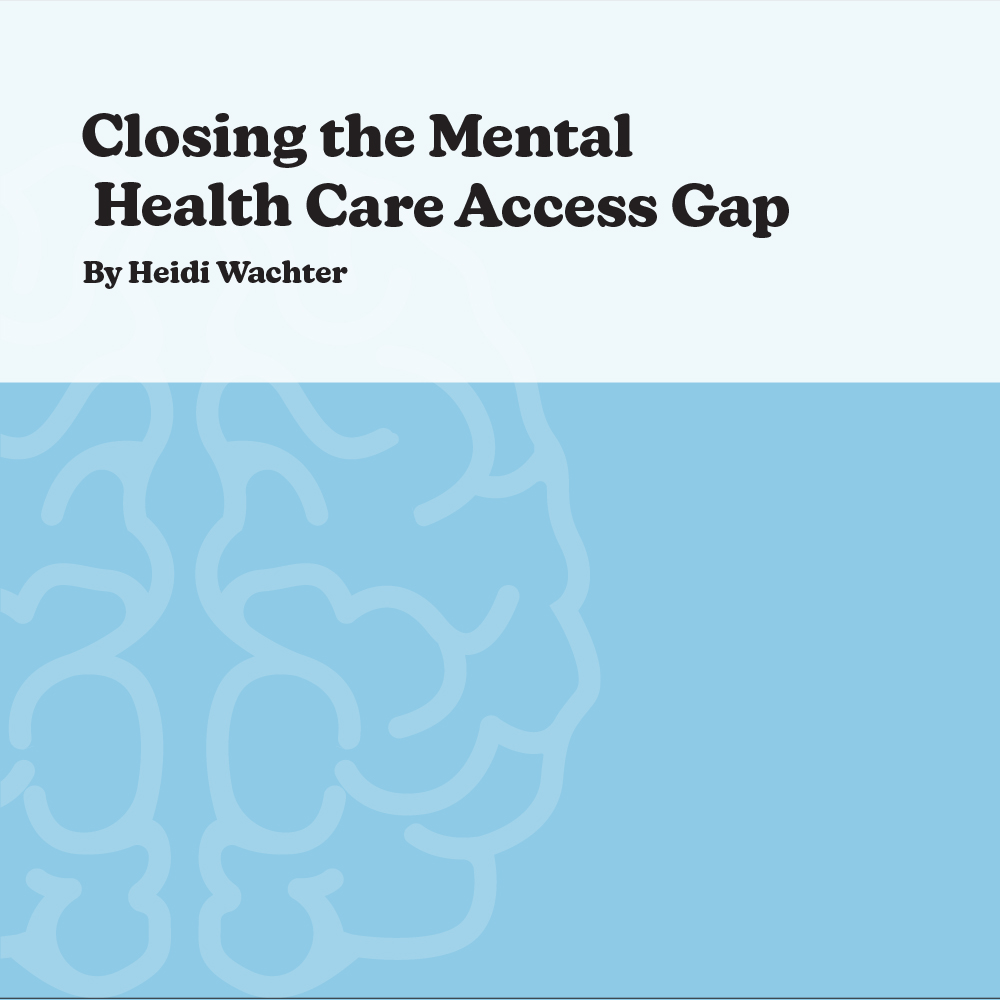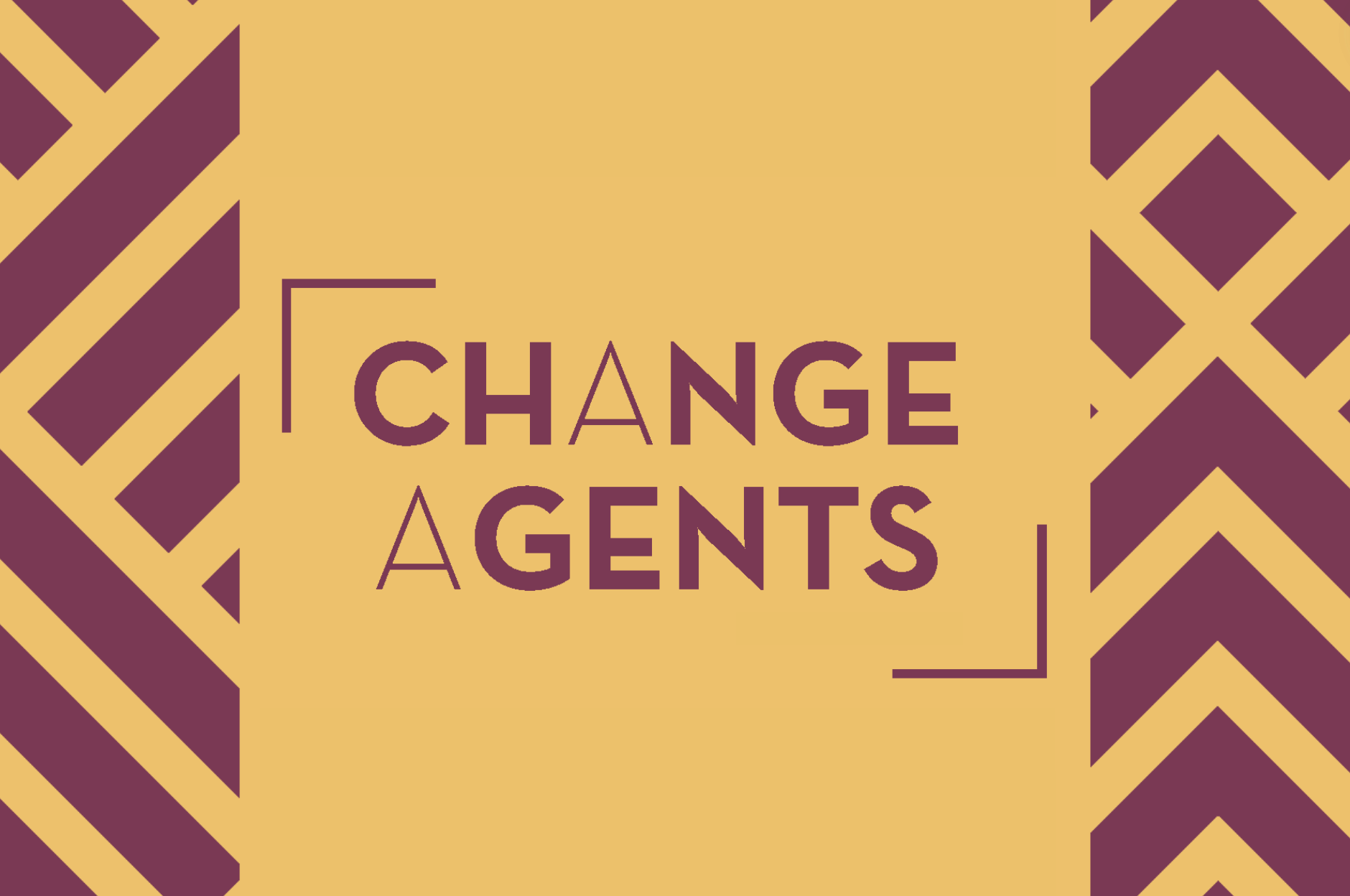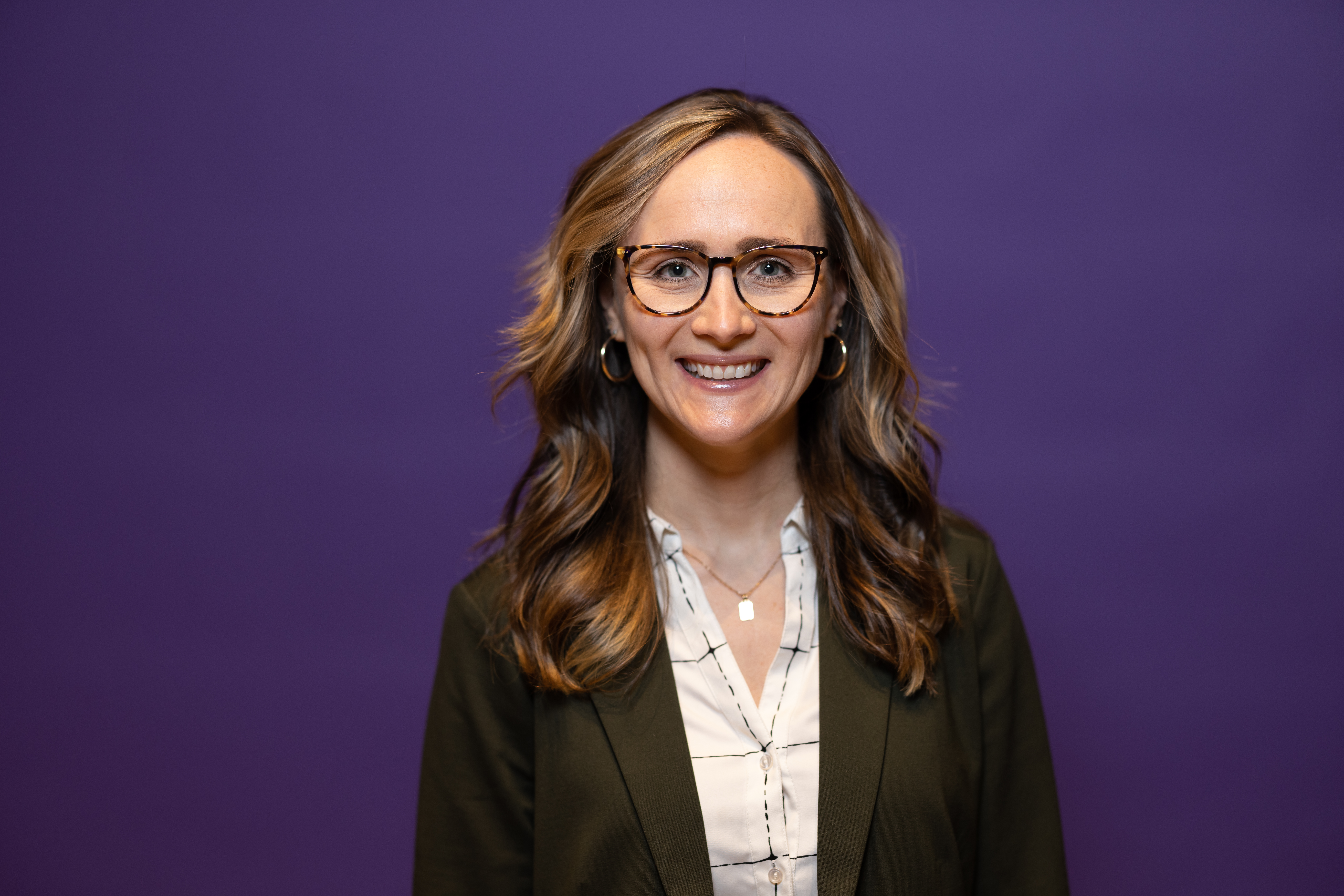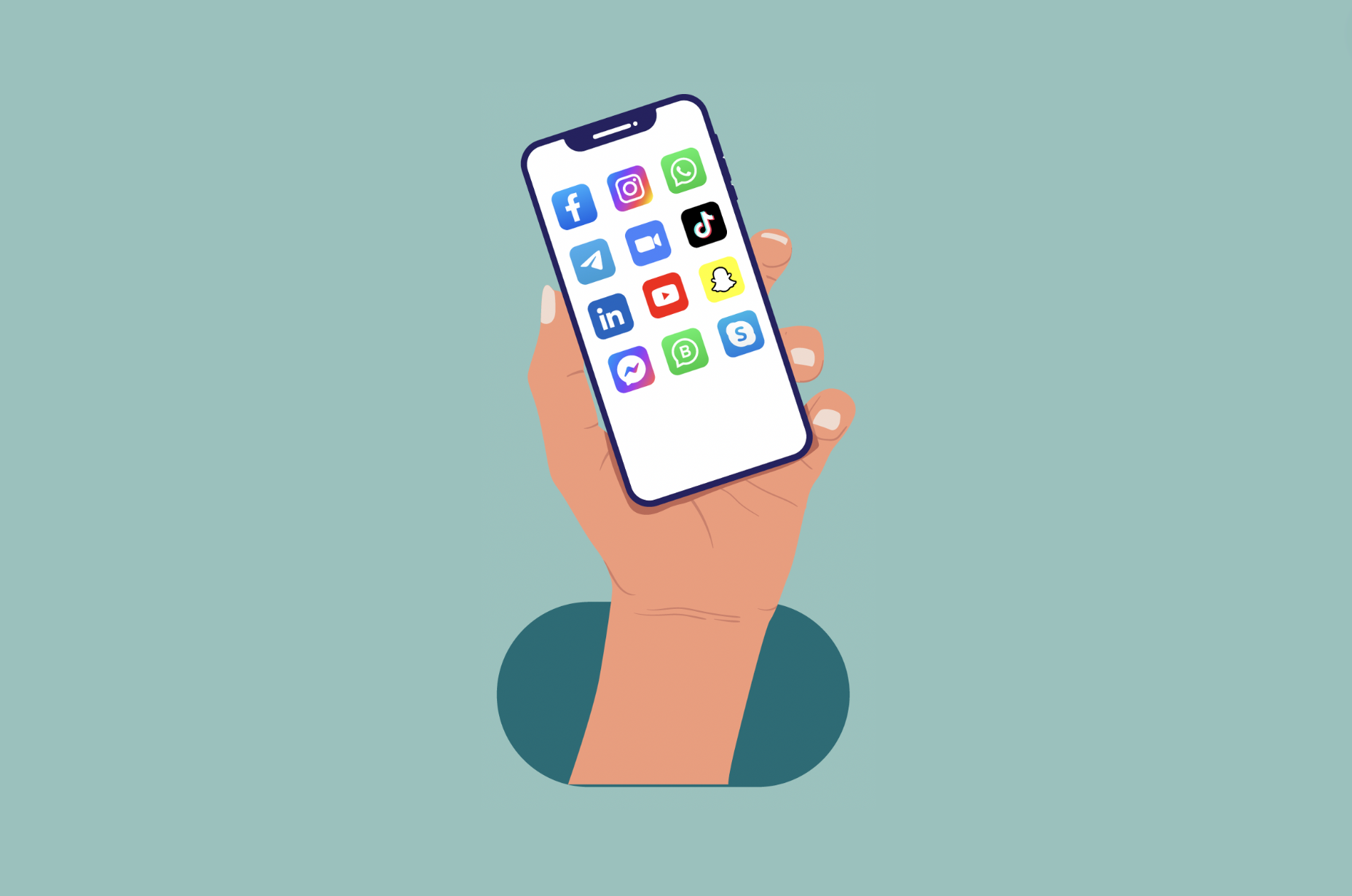Closing the Mental Health Care Access Gap
November 23, 2022
Heidi Wachter

Mental health is an essential part of our wellbeing. Yet, we often don’t think much about it until we’re experiencing a crisis — and these days, the number of people experiencing mental health issues has become a worldwide epidemic. Consider these numbers: one in four American adults has a diagnosable mental disorder in a year. In 2019, 970 million people were living with a mental disorder worldwide — anxiety and depressive disorders being the most common.
“According to the World Health Organization, the pandemic triggered a 25 percent increase in depression and anxiety around the globe,” says Sue Nankivell, Director of Business Development and Community Relations at the University of Minnesota’s Bakken Center for Spirituality & Healing. Add the weather-related events of the global climate crisis, a war in Ukraine, racism, poverty, and concerns about rising inflation, and it’s little wonder people are feeling depressed, anxious, and stressed. While the need for support is growing, the gap between those needing care and those who can access it is also widening.
People of color, for example, are more likely to live below the poverty line and less likely to have insurance or the means to afford mental health treatment. Other access challenges people cited include not knowing where to find services and not having the time to seek care. Since its founding, the Center has worked to provide mental health-promoting programs and resources to close the access gap. “One of the six dimensions of the Center’s Wellbeing Model is health, which of course includes mental health,” explains Nankivell.
“It’s essential for us to offer these resources to our on-campus community and beyond,” explains Mary Jo Kreitzer, PhD, RN, FAAN, founder and director of the Center. “Especially given the data from a recent survey conducted by Boynton Health in which 33 percent of the students reported being diagnosed with depression within their lifetime.” “Another stunning statistic from the report is that, among Twin Cities students, 51.7 percent report being diagnosed with at least one mental health condition within their lifetime,” Kreitzer adds.
The Bakken Center offers a variety of free or pay-what-you-can resources and programming to students and the larger community, including online mindfulness programs, free wellbeing webinars, and more. “Our free Mindful Mondays programming offers a supportive community and weekly respite while providing an opportunity for participants to engage in helpful mind-body practices,” Nankivell notes. “Hundreds of individuals from all our campuses and beyond join us each week,” she says. “We’ve had participants from 76 of 87 Minnesota counties over the past year.”
The Center’s Taking Charge of Your Health & Wellbeing website also offers mental health resources. The virtual nature of the site expands access to mental health information to a statewide and even global audience.
To address the demand for and interest in practical, low-cost mental health services, the Center began collaborating with the University’s Psychiatry Department to bring therapeutic methods from integrative psychiatry to the community. The sessions included a training session for physicians co-sponsored by the American Academy of Neurology, mind-body workshops, and yoga.
“This latest collaboration of workshops that focus on mental health using tools from integrative medicine was very much a response to the pandemic,” Kreitzer says. “We wanted to offer tools to help address anxiety, to manage difficult emotions, and to support focus — three things highly impacted by the pandemic,” says Lidia Zylowska, MD, Associate Professor in the University of Minnesota’s Department of Psychiatry and Behavioral Services and an expert in treating individuals with adult attention deficit hyperactive disorder (ADHD).
Integrative mental health takes a whole-person approach to address mental health conditions. It looks at an individual’s physical, psychological, social, and spiritual health. “Integrative therapies brings other tools to thinking about and treating mental health,” says Zylowska. “It adds mind-body practices, mindfulness, and lifestyle changes to conventional approaches such as psychotherapy and prescription medications.”
For example, interventions such as keeping a gratitude journal and imagining your “best possible self” can reduce stigma and empower individuals to look at “what’s right” about themselves rather than focusing on “what’s wrong.” Integrative psychiatry also helps individuals develop internal and external sources of strength — such as spirituality, a connection to nature, or mentorship — that they can turn to when they’re feeling stressed, overwhelmed, or anxious. The goal is to help them feel a part of something greater. This more profound sense of connection can create a sense of feeling more purposeful. Self-compassion practices are also powerful tools for supporting mental and emotional health. “Whether you’re feeling depressed or like you’re not measuring up during daily life, if you can respond with self-compassion rather than doing something to numb or avoid how you’re feeling, it can shift your emotional and mental state toward positive coping,” Zylowska explains.
“For example, when you make a mistake and can have compassion toward yourself, research shows you’re more likely to admit your mistake,” explains Zylowska. “This can promote learning and growth and help you reach out to others to repair the damage.” Making amends can strengthen social bonds important for supporting mental health. “We’ve heard from students, faculty, staff, and the broader community that these resources have positively impacted their mental health and wellbeing, which is core to our mission,” Nankivell says.
Knowing that the need for mental health support isn’t likely to end any time soon, the Center plans to continue its mission of expanding access to low-cost and free options. “We have plans to expand our nature-based therapies and arts and healing programming in the coming year to support individual and community health and healing,” Nankivell says.
Help close the gap. The need for mental health support is growing. You can make a difference by helping us provide mental health-promoting programs and resources. Consider making a donation in support of free, pay-what-you-can resources, programs and webinars by visiting z.umn.edu/CSHgive



